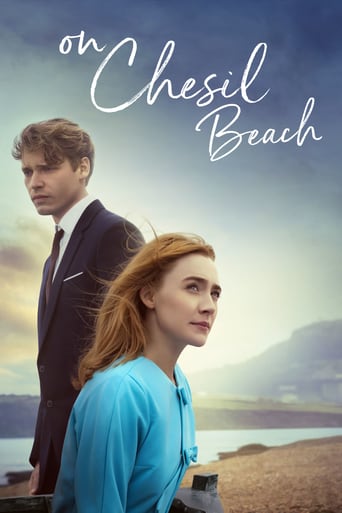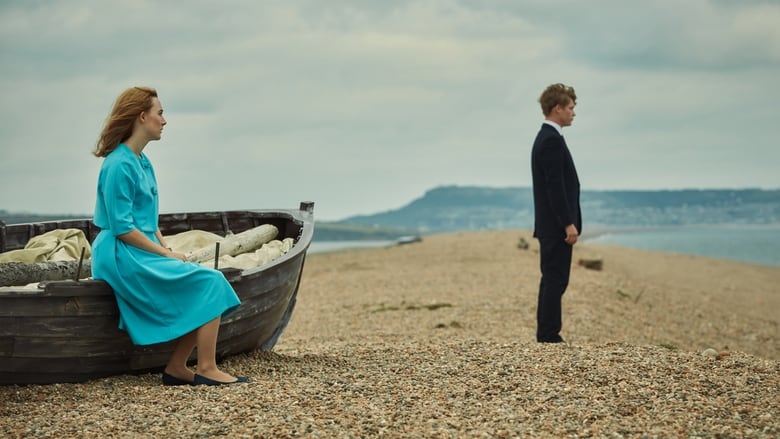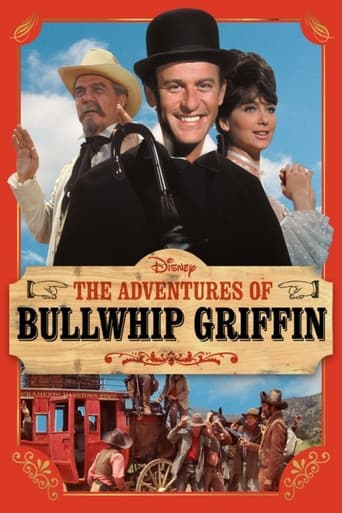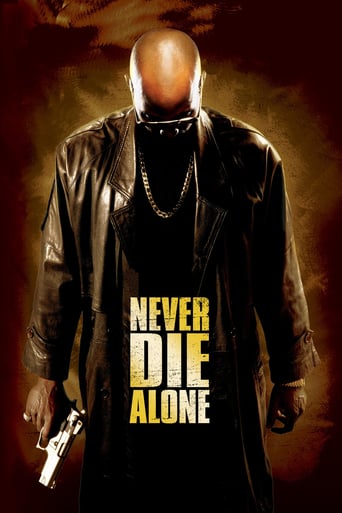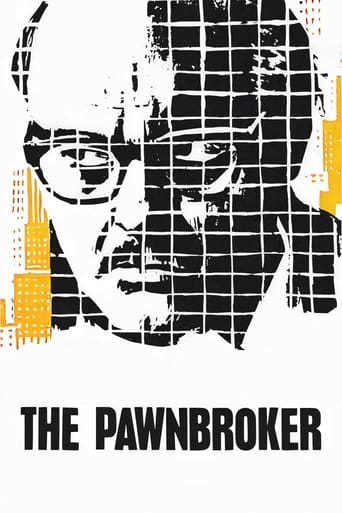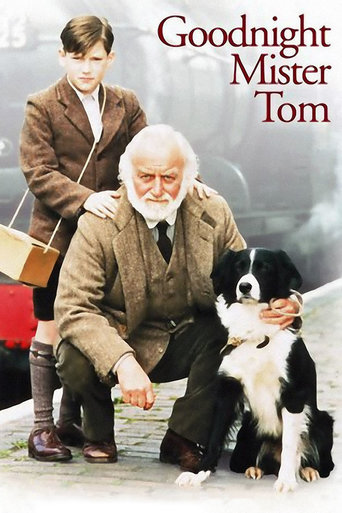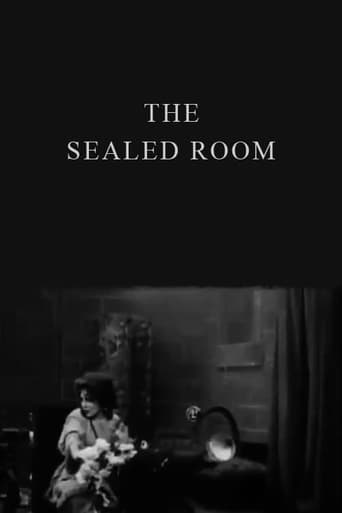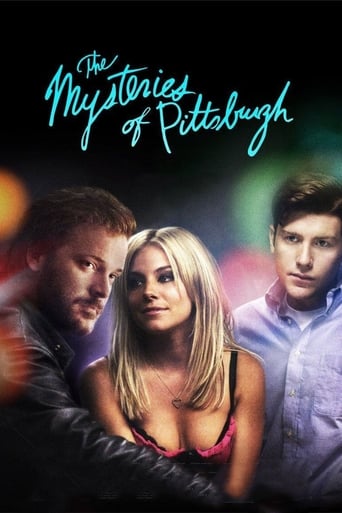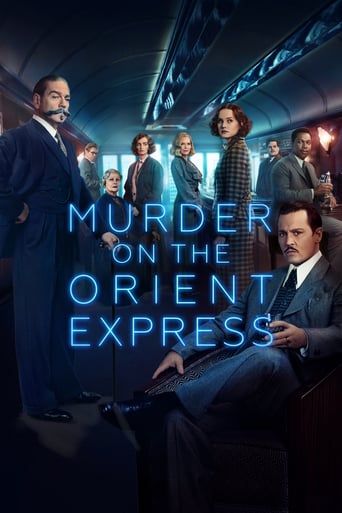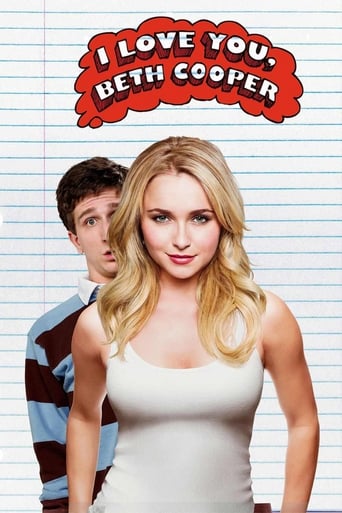On Chesil Beach (2018)
In 1962 England, a young couple finds their idyllic romance colliding with issues of sexual freedom and societal pressure, leading to an awkward and fateful wedding night.
Watch Trailer
Cast


Similar titles
Reviews
The joyful confection is coated in a sparkly gloss, bright enough to gleam from the darkest, most cynical corners.
The movie's neither hopeful in contrived ways, nor hopeless in different contrived ways. Somehow it manages to be wonderful
The film's masterful storytelling did its job. The message was clear. No need to overdo.
Blistering performances.
Adapted by Ian McEwan from his bestselling novel, the drama centers on a young couple of drastically different backgrounds in the summer of 1962. Following the pair through their idyllic courtship, the film explores sex and the societal pressure that can accompany physical intimacy, leading to an awkward and fateful wedding night. Despite a very good perfomance by Ronan and some nice direction and cinematography 'On Chesil Beach' was very slow, confusing and went from one place to another that in the end only hurt the film. (3.0/10)
Ian McEwan's screenplay for his own novel provides some fascinating examples of creative adaptation. For example, the novel ends with Edward remembering Florence walking away from him till she is out of his sight. In the corresponding scene in the film the newlyweds stand at opposite ends of the screen with a cluttered rowboat between them. They speak across the abyss. As the raging Edward lets Florence walk away, the camera withdraws until Edward is left alone on his side of the screen. But the boat also sinks out of sight, below the horizon. That is, his ship has sailed. The film adds a verbal/literary metaphor. More dramatically, McEwan alters the ending by fleshing out Florence's future and giving the couple a reunion that provides an emotional release - for the characters as well as the audience. Edward's closing remarks expand into an emotional scene that the screenplay adds to the novel. After a 50-year separation the erstwhile lovers independently fulfil their romantic pledges in the concert hall they ambitiously predicted. She plays the Mozart he could "sing;" he sits in C3. But more important than this literal realization, they finally find themselves in the same emotion, their love now tempered by regret. He weeps helplessly at the quintet's standing ovation. Tears stream down Florence's face, dramatizing the novel's remark that at every performance she ruefully remembered him. The novel closes on Edward's private remorse, his recognition that he ruined his life by his inaction when Florence walked away. They did love each other and perhaps could have resolved her sexual repression over time and with understanding. But Edward was always too quick to anger - as in his avenging the insult to his Jewish friend. Indeed the violent rage that worried Florence may have been a subconscious element in her attraction: it made him something like her short-fused father. A boat scene keeps the subtle possibility of his sexual abuse of her as a child, the tennis scene the father's rage over her perceived breach of his privacy. Edward chillingly raises a rock when he attacks Florence for not keeping her sexual oath. He throws it into the sea, but not until he has admitted the possibility of his violence against her. The careful graduation of the pebble sizes along the beach - possibly the novel's central metaphor - parallels the film's constant nuancing of emotions and their tacit expression. Sailors determine their location from the size of the stones. We navigate our lives according to the proportion we allow our emotions. The film's ending steps outside Edward's perspective to round out Florence's future. She married her quintet's cellist, who had long desired her and himself accused her of hiding her forcefulness under an apparent shyness. He overcame her rejection, married her and developed the sexual relationship signified by their consequent children. This Edward first learns when her daughter Chloe buys a Chuck Berry record for Florence's birthday. Her name and "bouncy and merry" description prove her lineage. Edward doesn't follow Chloe very far, opting again to withdraw from Florence. But he goes to see her perform at her quintet's final performance. While Edward retreated to his own musical taste, Florence retained her attachment to the music he introduced her to, even as she advanced her classical career. Their career successes similarly contrast. While her college musical group succeeded for 50 years (including the young violinist Florence imposed), Edward abandoned his passion for History and ended up managing a range of vinyl record shops (a pop culture version of history/anthropology). He remarried but had no children and remained broken by his rejection of Florence. They both may have started with Firsts at school, but in overcoming their respective emotional blocks Florence exceeded Edward. Usually an ending imposed in a screen adaptation simplifies or debases the original. The common motive is to provide the happier ending that the mass cinema audience is assumed to demand, more than the solitary reader. McEwan's addition here serves that purpose in heightening the emotional impact. But it remains wholly congruent with the intentions and effects of his own source. It deepens rather than softening the oiginal.
I'm not sure weather I likes it or if it was just a downer. It Starrs out this awkward movie about to inexperience kids getting married and trying to get it on at their honeymoon. Than just became this grim moment of how sometimes it don't work out.It's a long process too. I hate when movies draw it out but it does help In the sadness.Movie reminds me of Brooklyn but more boring. I don't get any film Saoirse Ronan stars in (Except for Lady Bird). Actually that's not true at all, but all of her movies are far too artsy for me sometimes to the point where I don't understand the critical acclaim of some of these things.
I was extremely put off by this movie.The writer/producer McEwan was able to get one of the most talented actresses of the day in Ronan and the director Dominic Cooke basically spent half the movie with the camera on her legs, in various stages of near undress, with a large portion of the movie fixated on filming an intimate scene in a hotel room to consummate her marriage to the awkward actor.The director also found it somehow relevant to film two nude scenes involving the main actor's mother which go nowhere in developing the story.I found the director to be quite cynical and formulaic in the way he went about his business.To me, this was a cheap skin flick masquerading as some type of coming-of-age film set in the early 60's. This is totally amateur-hour. I was tempted to walk out of the theater several times if not for my admiration for Ronan.They try to piece it all together in the end by fast-forwarding briefly to the 70's in a scene that makes little sense and then to the present day with a calculated ironic moment which is supposed to make the viewer emotional.However, that opportunity was lost when the director tried to make us believe that a woman would run out of a hotel room half naked yelling at her new husband after making love for the first time with him.Truly pathetic. I can't believe somebody put up millions of dollars to make this movie.What an insult.

